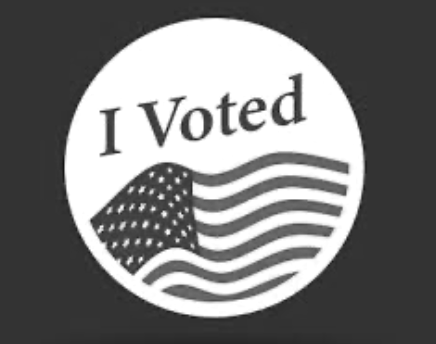Content:

Why Elon Musk’s Third Party Won’t Get Off the Launchpad
The Ticket
06/24/2025
Political scientists who study party systems would not hesitate at the possibility such a moment presents: a clearly unsatisfying set of parties should inspire new parties to step into the gap. That is surely what happened before the Civil War as Democrats fractured and Whigs collapsed, with the new Republican Party rising to the challenge of slavery and union. And vital third parties continued to thrive in the post-Civil War era whenever and wherever the major parties were unresponsive to the citizenry.
But all of those third party successes predate the modern era of a legally-enforced two-party duopoly. Major parties simply cannot resist writing campaign rules that favor themselves, and they did so with a vengeance by outlawing fusion voting and fusion parties beginning just before 1900 (go here if you are uncertain as to what “fusion” is). The fusion bans that passed between 1895 and 1921 shut down the ability of new parties to form, grow, and test themselves in the political marketplace because they relegated such efforts to the role of being “spoilers.”
Instead of genuine new parties, we have occasionally experienced the emergence of a gadfly third-party presidential candidate, and once in a blue moon they get a lot of notice for their ideas: consider Ross Perot (running Reform Party) in 1992 on the budget deficit and NAFTA’s “giant sucking sound”, or Henry Wallace (Progressive Party) in 1948 on healthcare and civil rights. But such one-off candidacies are fated to sting the major parties and then die.
+++
Why Musk and Cohn are Wrong
Still, the idea of a new party never fully vanishes from the American imagination because it’s just a good and necessary idea. Do we really want to live in the two-party doom-loop forever?
Two recent entrants in the “why not a new party” discussion are Elon Musk and Nate Cohn whose names, to my knowledge, have never before appeared in the same sentence.
Musk, winner of last year’s “worst immigrant ever” award (edging out Rupert Murdoch), sent out a tweet to his 200 million followers about the need for a new party that would challenge both Republicans and Democrats. He has presumably already forgotten about it as his Forgiveness Tour gets going in earnest.
Cohn’s more interesting. He’s a brainiac at the NY Times polling desk and in the wake of Musk’s tweet he wrote a piece speculating about whether there might be a base for a new “neoliberal” third party given the level of public frustration with the two major parties. Said Cohn, “a serious third-party candidacy may not be a joke for much longer. While there are plenty of obstacles, the conditions for a successful third party could be coming into place.”
As rich as Musk is and as smart as Cohn is, neither can make water run uphill, no matter how promising the polling. As my colleague Lee Drutman noted in his “open letter” to Musk, the problem is the two-party system itself. “As long as we have our current system of single-winner plurality elections, third parties have no meaningful chance to do anything more than show up as occasional spoilers.”
Drutman’s solution: bring back fusion voting, and eventually consider proportional representation. Sooner or later, we must claw our way to a multi-party, multi-racial democracy.